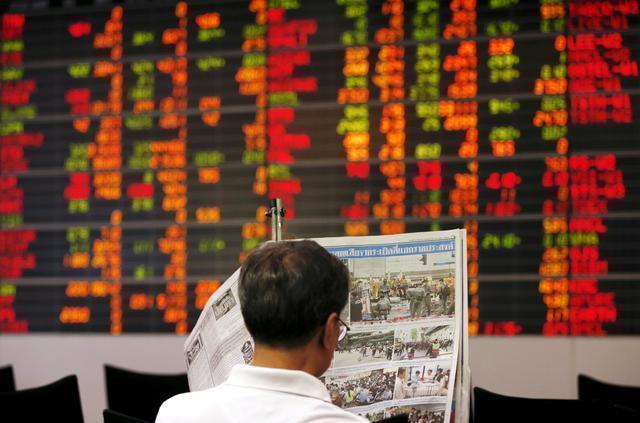The Turkish economy grew by 3.9% in the third quarter (Q3), slightly below the market expectation of 4.0%. The country’s gross domestic product (GDP) showed the slowest growth since the pandemic. The seasonally and calendar-adjusted data indicated a 0.1% contraction in the economy in Q3, as compared to Q2. Thus, the economy shrank for the first-time following growth for nine consecutive quarters. Growth had a horizontal course in the manufacturing industry while investments declined, and the positive contribution of foreign trade decreased in Q3. The government and people’s consumption power were the most important supporters of economic growth in Q3. The share of paid employees taken from the growth continued to remain low in Q3 and declined by 3.5 points to 26.3% compared to Q3 2021. While the business world expects the growth to continue in the upcoming period, economists said the GDP growth will hover around 5% for 2022.
Treasury and Finance Minister Nureddin Nebati said that the government ensured that resources will be effectively used in productive fields with the selective loan policy implemented within the scope of the Turkey Economy Model, aiming for qualified and sustainable growth. “The economy grew by 6.2% in the first nine months of the year. Turkey will be among the countries with the strongest growth this year as we’ll end 2022 with around 5% growth as we estimated in the Medium-Term Economic Program,” Nebati added. He also emphasized that exports and machinery-equipment investments made a 4.4 percentage point contribution to the Q3 growth.
The monthly food expenditure required for a healthy, balanced, and sufficient diet for a family consisting of four people (hunger limit) amounted to TRY 7,785 in October, according to a survey conducted by the Confederation of Turkish Trade Unions (TURK-IS). Thus, the hunger limit exceeded the minimum wage by TRY 2,285. In addition to food expenditures, the amount needed to secure the necessities of life, such as housing (electricity, water, heating, etc.), clothing, transportation, education, health, etc. (poverty line) totaled TRY 25,365. The monthly cost of living for a single employee rose to TRY 10,171.
Turkey’s benchmark stock index ended yesterday at 4,977.64 points, hitting a new record high closing level, up 0.31% from the previous close. Borsa Istanbul’s BIST 100 index gained 15.16 points from Tuesday’s close. The index’s lowest value during the day was 4,922.88, while its daily high was 4,988.68. During the day, 70 stocks on the index rose and 28 fell compared to the previous close. The total market value of the BIST 100 was around TRY 4tr by market close, with a daily trading volume of TRY 120.3bn. Analysts said 4,840-4,900 points will be the support level and 5,000 points will be the resistance level for the BIST 100 index, in technical terms.
DAILY AGENDA
The Istanbul Chamber of Industry (ISO) Turkey Manufacturing PMI (Purchasing Managers Index) declined from 46.4 to 45.7 in November, compared to the previous month.
The Central Bank will release weekly monetary and banking statistics (2.30 p.m.).
Meanwhile…
>> Port and storage facility investments, which will total TRY 3bn minimum, will be supported as strategic investments, according to daily EKONOMI.
>> The number of people of delayed pension age (EYT), which currently stands at 1.6 million, may reach 2 million before the EYT law is enacted, according to Labor and Social Security Minister Vedat Bilgin.
>> The Services Producer Price Index (S-PPI) jumped 104.28% in October, year-over-year, according to the Turkish Statistical Institute (TurkStat). The S-PPI rose by 2.05% on a monthly basis.
READ A SELECTED ARTICLE FROM OUR MAGAZINE:
Our Foreign Policy Columnist Zeynep Gurcanli addresses the 2023 election and its transforming effect in light of Turkey’s foreign policy.









